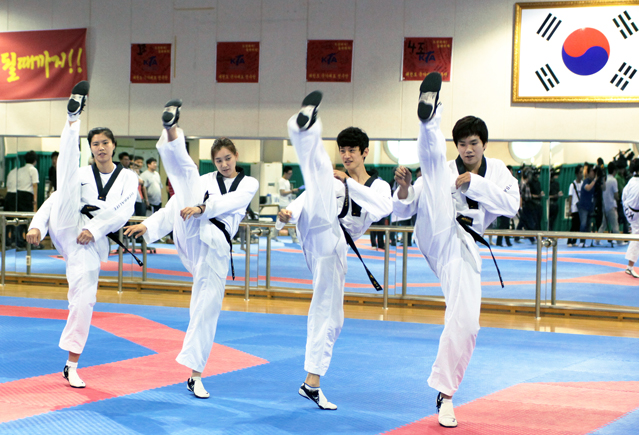Having an all or nothing attitude is good in many ways; it is a sign of dedication and determination, but if not balanced properly it can lead to a complete burn out. I was under the notion that giving 110% to your goals and doing everything possible to make them come true was the absolute way to go, but I was bewildered when my coach told me to “get a life.” He didn’t mean it in a mean way at all. What he was saying is that having a life outside of the gym, like another hobby or group of friends can be a good thing! It may not seem like it is contributing towards the goal, but it is considered recovery; mental recovery from stressing and fretting about all the work it will take to reach your goal.
“Feeling that you are solely defined by your job — even if it is going well — can raise your chances of experiencing anxiety, depression and burnout, because you don’t have a perception of yourself outside of work.” -psychotherapist Michelle Maidenberg
“Feeling that you are solely defined by your job — even if it is going well — can raise your chances of experiencing anxiety, depression and burnout, because you don’t have a perception of yourself outside of work.” -psychotherapist Michelle Maidenberg
 |
| Martial arts and mind games like chess are great hobbies for a sharper mind. |
It also activates different parts of the brain and helps strengthen the mind. According to Dr. S. Ausim Azizi, chairman of the department of neurology at Temple University’s School of Medicine, having a hobby activates an area of the brain called the nucleus accumbens that controls how we feel about life and also stimulates the brain’s septal zone which can give you feelings of happiness. Believe it or not hobbies can even enhance your creativity, help you think clearly, and sharpen your focus (Zimmerman). Being able to focus and to think clearly are both very helpful in the sport of weightlifting. Hobbies also develop new territory in your brain. Any new challenge you undertake will create new associations and force your brain to accommodate new information and new routines (Michalowicz).
It’s also good to remember that life goes by quickly and every moment we have will pass so we better make the best of them by exposing ourselves to diversity and taking it all in. A wise crossfitter at my gym once told me not to rush life, because you can never get it back. It could go both ways, I most likely won’t ever have another opportunity to lift weights full time and live in a house free of rent with parents paying the grocery bills. But then again I will never have the chance to be 15 again and go to dances and football games with my friends. I guess it’s just a question of, how much do you want it? How much are you willing to devote to your dream? and is is worth it? Then there is the argument that in order to be successful a person must have balance in their life, but when you ask an olympic athlete how they divide their time I’m guessing the majority of it is either spent in the gym or recovering.
Sometimes better judgement outweighs the equation, hard work = success. Some people need a hobby or a sport outside of their main obsession, while others struggle with not devoting enough time to their obsession. Some athletes thrive training 10x a week, while others perform best training only 4x a week.
Let me tell you about the Russians. The junior Russian weightlifters do almost nothing but eat, sleep, and train. Literally. Their life revolves around it and they are known as some of the best lifters in the world. Their day starts with eating a lot of food and taking a nap to get fueled up for lifting, then they receive personal massages before starting their warm-up. After warming up they train, then more massages; and the cycle begins again with eating accompanied by another nap. They do this 5 days a week, with Thursday and Sunday as rest days (Youtube). On the other hand Zoe Smith, an Olympic competitor and Commonwealth games medalist at the age of 16, says she can only stand to be in the gym once a day (Zoe). In one interview with the young champion it says she is “like any other teenager, she loves seeing her friends, spending time on the internet, and listening to music.” (Shah) Another young lifter from Great Britain, Rebekah Tiler only trains for two hours a day four times a week (Tiler). At only 15 Tiler is the youngest ever European and British Champion, and an Olympic hopeful. She snatches 200 pounds and clean & jerks 253 pounds weighing less than 151 pounds (McDaid).
Personally I’ve tried training twice a day and I loved it, but my body didn’t. I’ve shaved my gym sessions down to only 5x a week and sometimes even less because I’m not recovering enough and it’s just not working for me. Also I am only about a year into my weightlifting journey, so training twice a day isn’t the most realistic option. More isn’t always better. That’s been a tough lesson for me to learn. For now I am experimenting with “getting a life” and finding a hobby outside of the gym instead of letting my life revolve only around weightlifting. Hopefully this will benefit my lifting and my outlook on life.
What I realize after writing this is that different things work for different people. How much you train and recover depends on your individual situation and your goals. So find out what works for you and stick to it.

